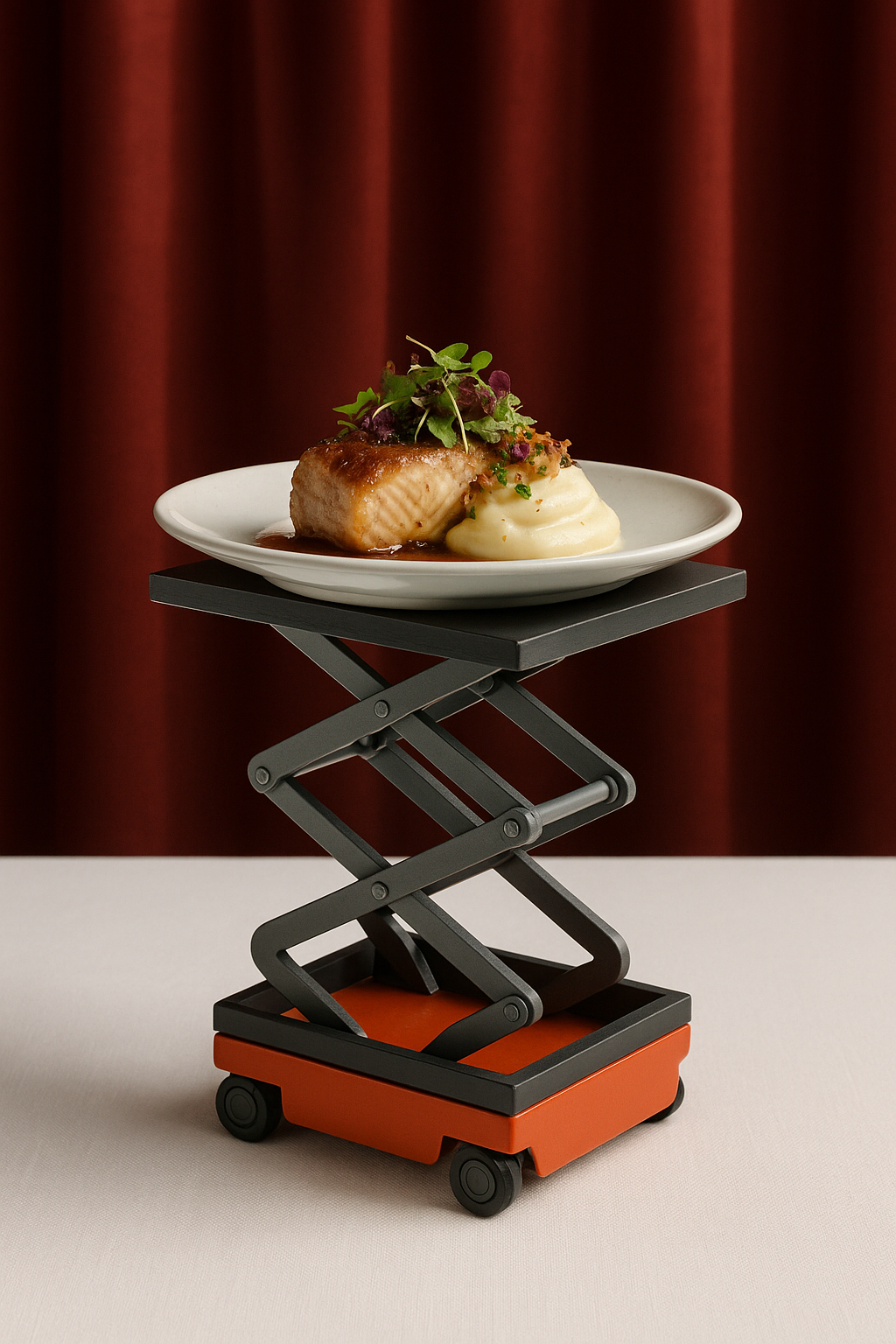The Word That Should Have Stayed in the Kitchen

“Elevated” has had a good run. Let’s bury it gently.
Once, it meant something. “Elevated” suggested a thoughtful refinement of something humble—fried chicken reimagined, a Caesar salad taken somewhere new. Now it’s just seasoning for a menu description, a fog machine for food writing. Everything is “elevated.” Elevated tacos. Elevated hot dogs. Elevated poutine. Elevated ideas.
It’s a word used when there’s nothing else to say.
The problem isn’t just the repetition—it’s what the word hides. “Elevated” implies hierarchy, but never explains what’s being lifted, or why. It suggests value without demonstrating it. It treats the original version—the version people actually love—as something to be embarrassed about. Something that needs fixing. It replaces joy with justification.
You can elevate a dish. But you shouldn’t have to elevate the language.
Say what it is. Say how it was made. Say why it matters. Or say nothing at all.
